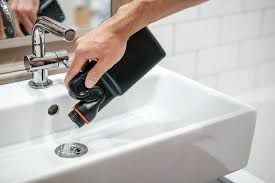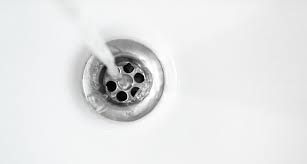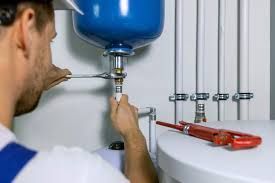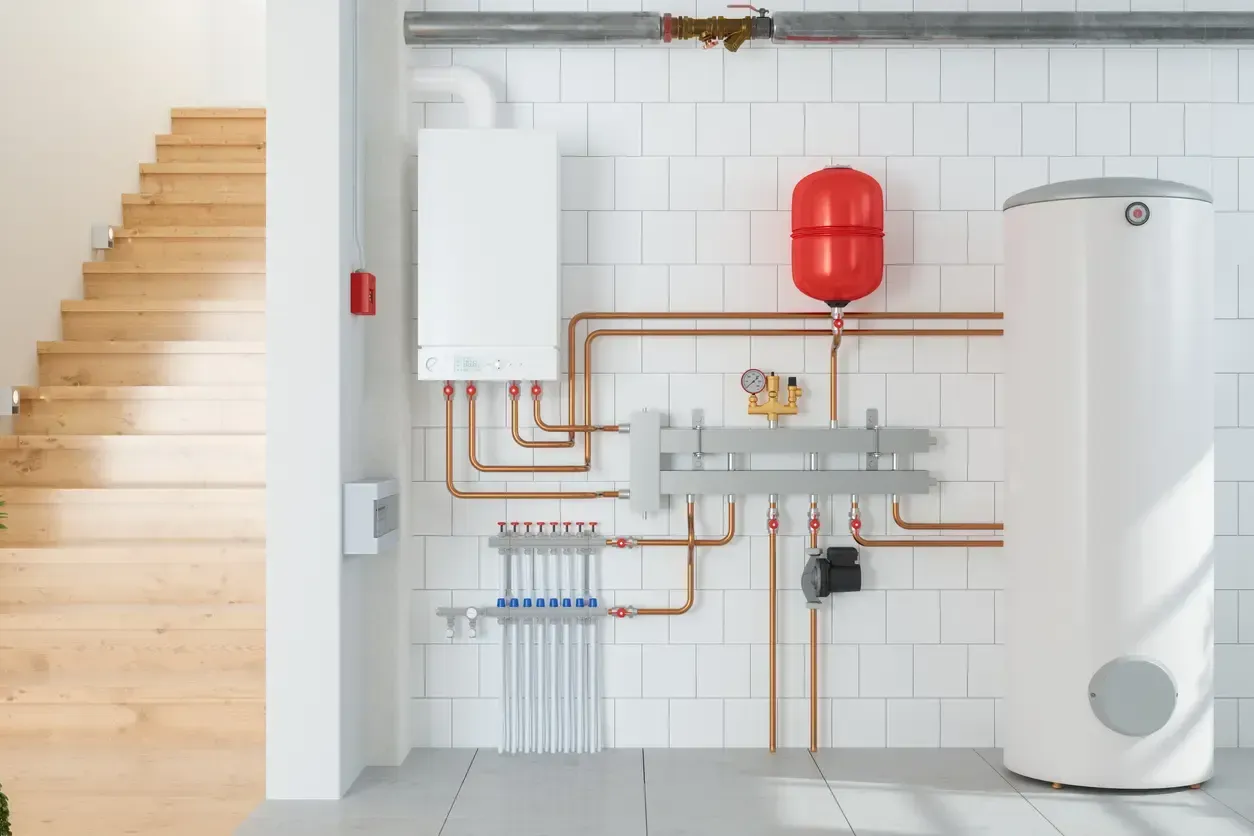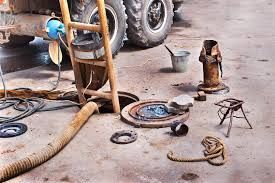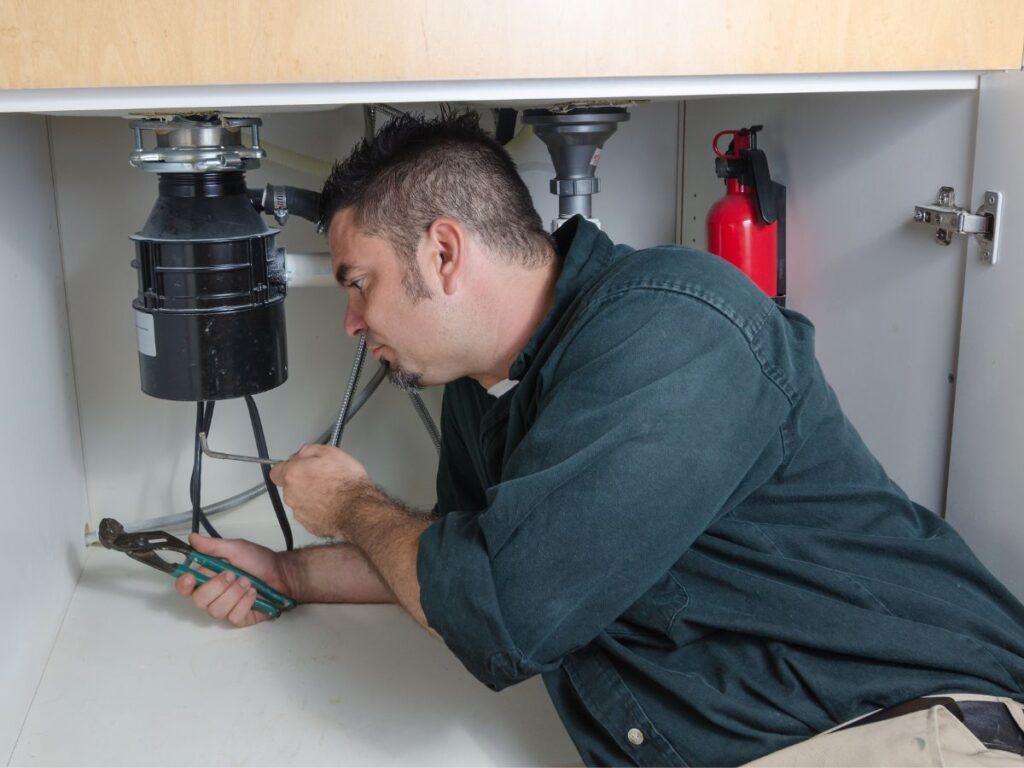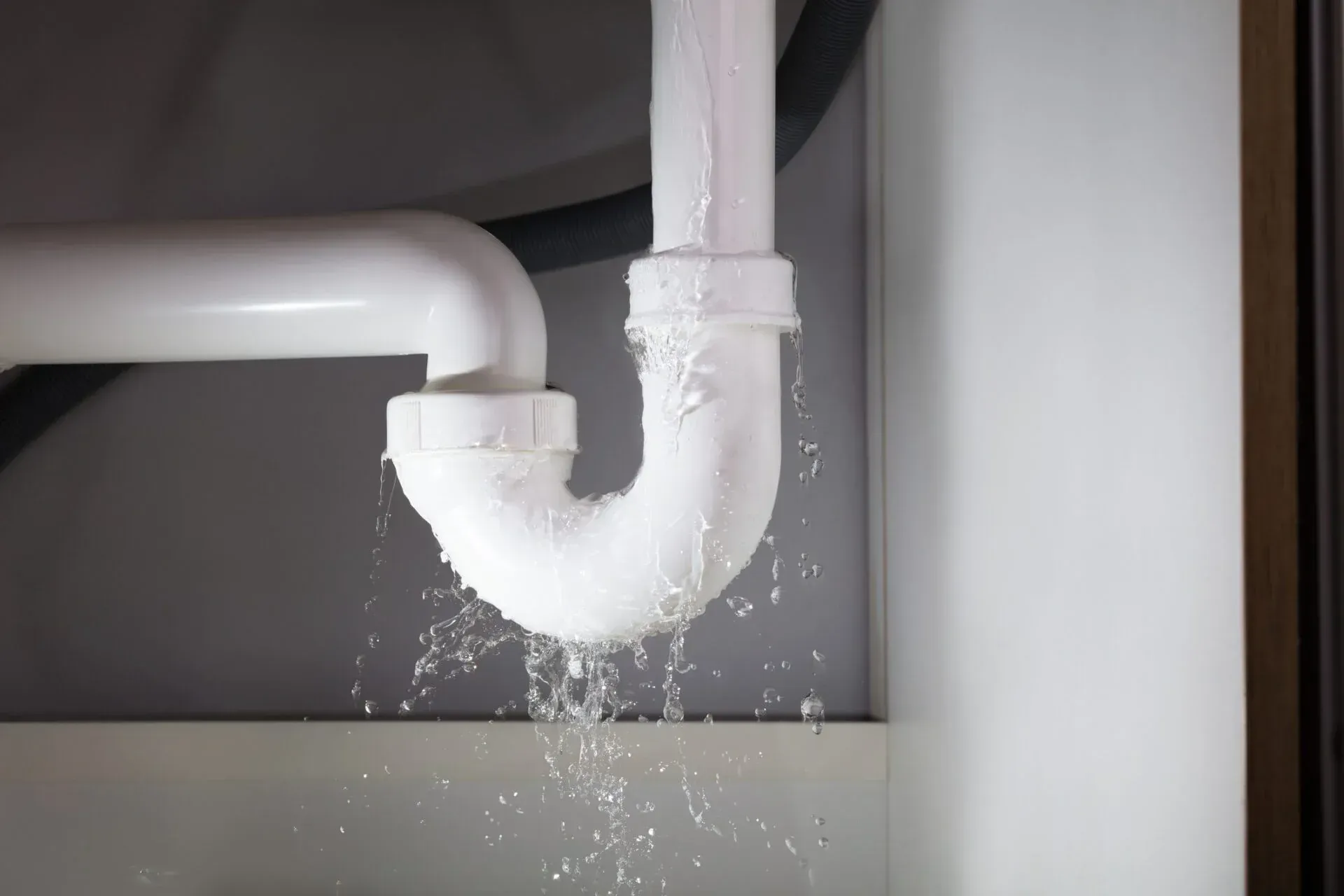4 Causes of Kitchen Sink Leaks and Their Solutions
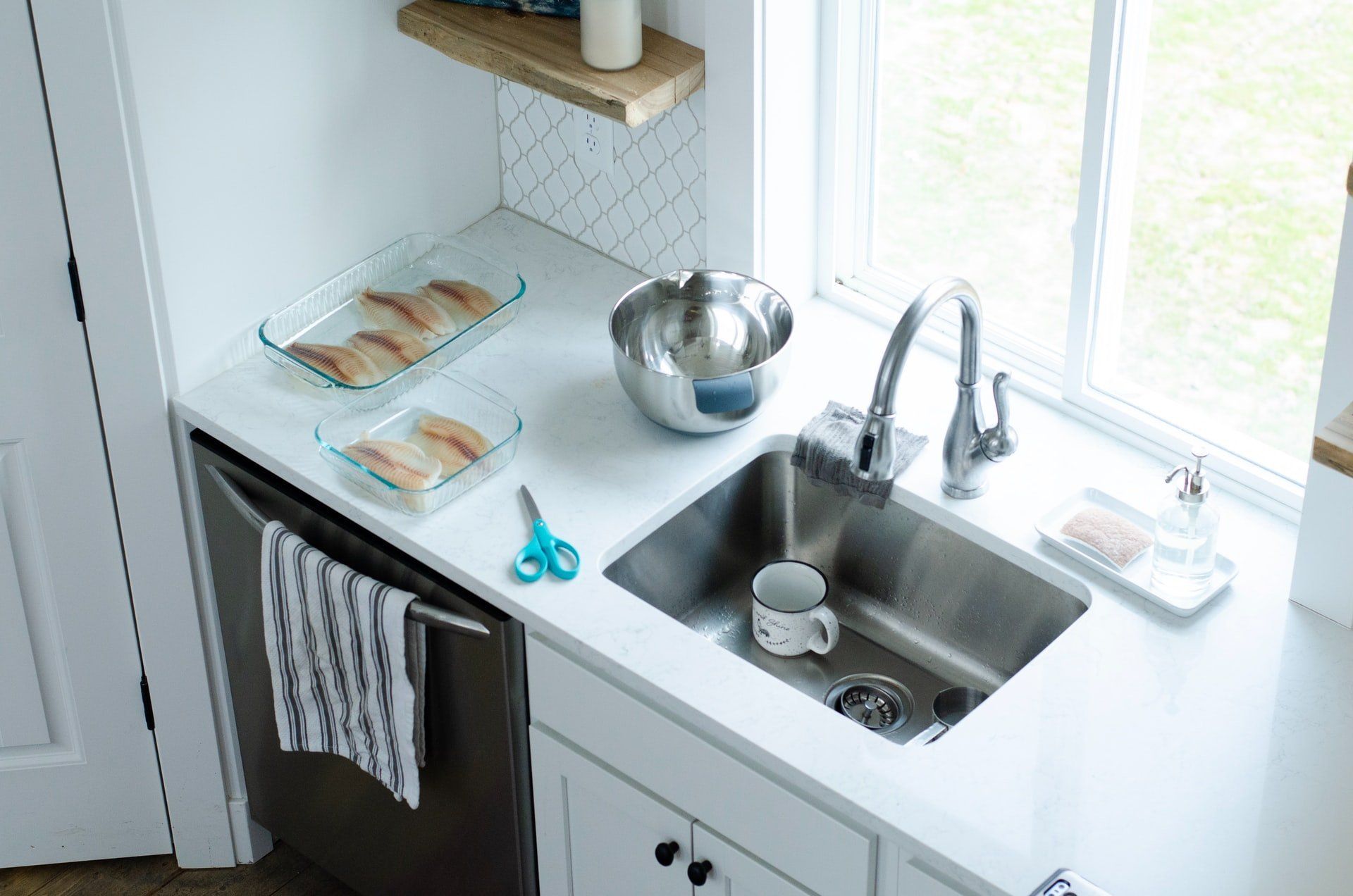
A leaking sink is a minor utility concern that causes major problems over time. Whether in a bathroom or kitchen, leaks interfere with washing hands and dishes, refilling water glasses and pitchers, or cause unnecessary messes and accidents.
When these happen, it’s time for you to determine the cause so you can conduct some water leak investigation and repairs. This means going straight to the leaking sink to understand the problem before consulting with a 24-hour plumber. Here are the seven most common causes of kitchen sink leaks and their solutions
1. Leaky Drain
Problem
Drains connect your sink to the pipes and sewage that transport liquid waste from your establishment. A leak in this area could mean the nut connecting the drain to the sink is loose, or the putty used was not enough or dried out over time. Another reason for leaks is that the drain itself is old and rusted.
Solutions
Cover the sinkhole with its plug and fill it with water to find out where the leak is coming from. Afterwards, take out the plug so that water flows from the sink to the drain. With a flashlight, check underneath to find out where the leak is coming from.
Sometimes, the simplest fix is to tighten the nuts connecting the drain to the sink. At other times, a plumber’s putty will keep everything sealed. But in the case of a drain way past its prime, it is best to contact a 24-hour plumber to have him replace it with a new drain.
2. Leaky Faucet
Problem
This plumbing problem is easy to spot. In other cases, a leaky faucet can be caused from underneath the sink due to malfunctioning washers or gaskets.
Solutions
The malfunctioning washers or gaskets causing the leaks need to be replaced. However, if the problem runs deeper than those, immediately seek the services of a professional plumber. Do not conduct emergency plumbing on your own, as the entire faucet might need replacing!
3. Loose Water Supply Connection
Problem
If the leaks are not caused by either a faulty drain or faucet, you might be dealing with a loose water supply connection. Kitchen sinks usually have two connection points (three, if it has a separate sprayer) that may leak due to loose nuts, rusty pipes, or even malfunctioning washers or gaskets!
This type of leak is not as visible as the first two since water supply connections are located in a storage cabinet underneath.
Solutions
As with a leaky faucet, this problem can be solved by either replacing the washers or gaskets, tightening the nuts for a better connection, or having an experienced plumber conduct water leak investigation and repairs in case the rusty pipes need to be replaced.
4. Damaged O-Rings
Problem
O-rings prevent leaks in the faucet’s stem screw and spout. Over time, however, they can malfunction, much like washers and gaskets. This causes leaks near the stem screw, the spout, or even the handle!
Solutions
Much like washers and gaskets, o-rings need to be replaced every now and then to ensure your faucet is leak-free.
Final Thoughts
Whether a faulty drain, faulty faucet, loose water connection, or damaged o-ring, leaks caused by these problems will negatively affect your way of life. And while these four problems are easily identified and remedied, we strongly advise against DIY plumbing as it might do more harm than good.
When in need of a 24-hour plumber in Birmingham, Alabama, who can conduct emergency plumbing and other water leak investigation and repairs for your restaurant or home, set an appointment with us today! We’ll take care of those leaks for you!
